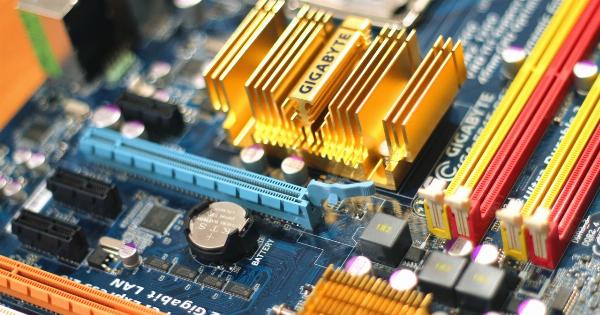Do you find it hard to remember everything you need to remember? Do you wish you could remember phone numbers, names, and important dates without struggling? Then you have come to the right place.
Memory is a complex process that involves several parts of the brain. However, it is not an elusive skill that only a chosen few possess. Anyone can improve their memory, with the right techniques and practice.
In this article, we discuss seven easy hacks to help you remember everything.
1. Use mnemonic devices
Mnemonic devices are memory aids that help you remember information using associations that are easy to recall. For example, you can use a rhyme or a phrase to remember something.
An example of a mnemonic device is “ROYGBIV,” which people use to remember the order of colors in the rainbow – red, orange, yellow, green, blue, indigo, and violet.
You can also use acronyms, where you take the first letter of each item you need to remember and form a word or a phrase.
An example of an acronym is “HOMES,” which helps people remember the Great Lakes – Huron, Ontario, Michigan, Erie, and Superior. The key to using a mnemonic device is to create a connection or association that makes sense to you and is easy to recall.
2. Visualize information
Visualizing information is a powerful memory tool because our brains process visual information faster and better than text-based information. When you try to remember something, try to create a mental image of it in your mind.
For example, if you need to remember a person’s name, try to visualize their face and associate it with something memorable or distinctive.
You can also use mind maps, where you create a visual diagram of the information you need to remember. Mind maps are especially useful when you need to remember complex ideas or concepts.
3. Practice repetition
Repetition is one of the simplest and most effective memory techniques. Repeating information helps to transfer it from short-term memory to long-term memory.
When you repeat information, your brain forms stronger connections, making it easier to recall the information later.
There are several ways you can practice repetition. You can read the information you need to remember several times, repeat it loud, write it down, or use flashcards.
The key is to repeat the information frequently enough that you can recall it easily without struggling.
4. Divide information into chunks
Chunking is a technique where you break down information into smaller, more manageable parts. Our short-term memory can only hold a limited amount of information at once.
By dividing information into manageable chunks, you make it easier for your brain to process and store information.
For example, when you try to remember a long phone number, you can break it into smaller chunks – three digits, four digits, and three digits. By dividing the numbers into smaller chunks, you make it easier to remember them.
5. Use music and rhythm
Music and rhythm are powerful memory aids because they engage different parts of the brain and help to form stronger associations. You can use music and rhythm to help you remember telephone numbers, lists, or other information.
For example, you can turn a phone number into a melody and sing it to yourself. You can also use rhymes or songs to remember a list of items, such as a grocery list.
6. Use your senses
Using your senses to remember information is another powerful memory tool. Our brains are wired to remember sensory information better than abstract information.
When you engage your senses, you anchor the information to a specific experience, making it easier to recall the information later.
For example, if you need to remember someone’s name, try to associate it with something you can see, smell, taste, touch, or hear. You can also use colors or visuals to help you remember information.
7. Get enough sleep and exercise
Finally, getting enough sleep and exercise is crucial for good memory function. When you sleep, your brain consolidates and stores the information you have learned during the day.
Exercise also improves memory by increasing blood flow to the brain and promoting the growth of new brain cells.
Make sure to get at least seven to eight hours of sleep each night, and exercise regularly to improve your memory function. You can also eat a healthy diet that supports brain function and memory.
Conclusion
Improving your memory is not an impossible task. Anyone can improve their memory with the right techniques and practice.
Use mnemonic devices, visualize information, practice repetition, divide information into chunks, use music and rhythm, use your senses, and get enough sleep and exercise to improve your memory function. Start practicing these memory hacks today, and you will start to remember everything with ease.






















